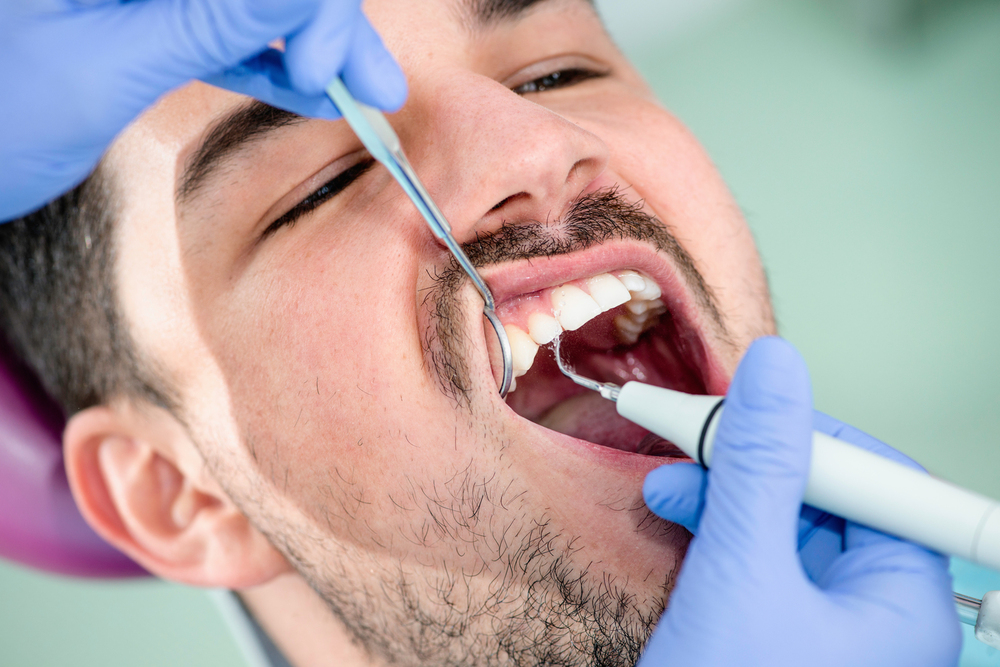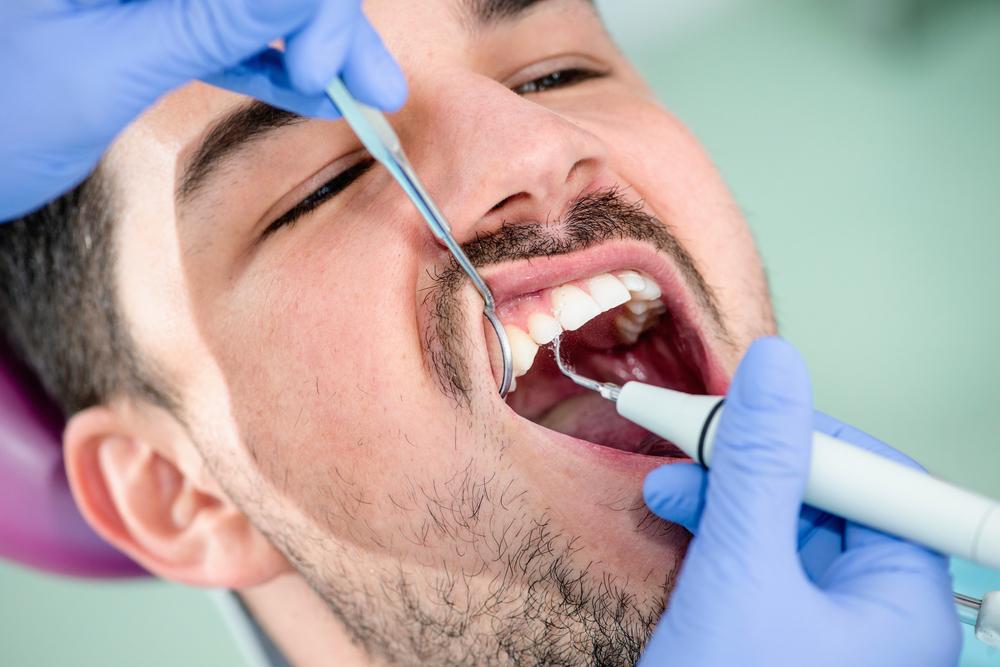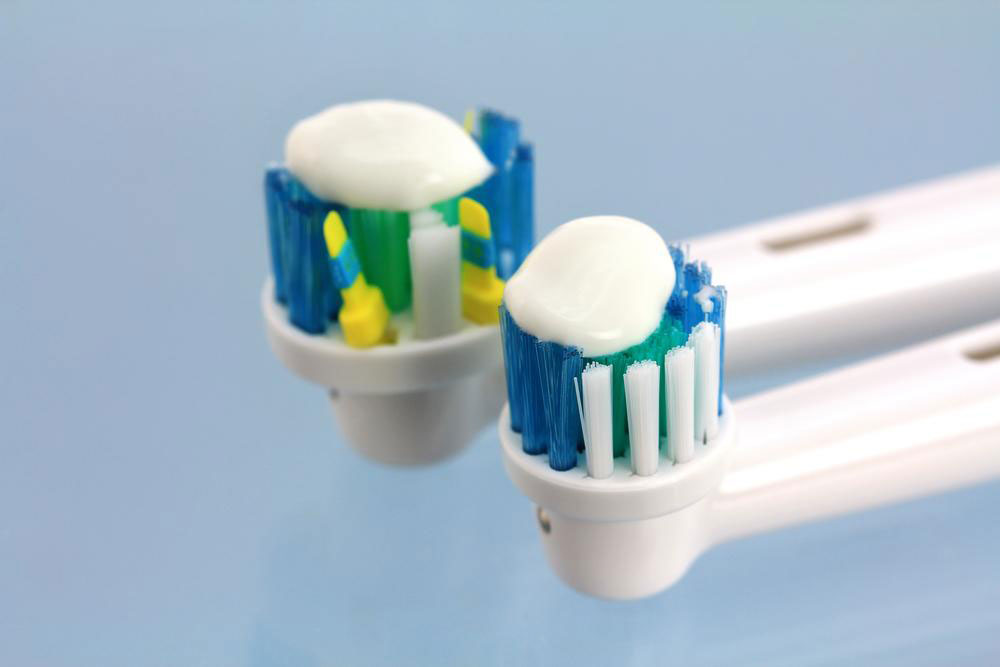Understanding Dental Plaque: Causes and Prevention Strategies
This article explores the causes of dental plaque, its risks, and effective prevention methods. Regular oral hygiene practices like brushing, flossing, and dental check-ups are essential in preventing plaque buildup and maintaining healthy teeth and gums. Recognizing the importance of professional cleanings helps prevent tartar formation and associated oral health problems.

Understanding Dental Plaque: Causes and Prevention Strategies
Dental plaque is a sticky biofilm formed by bacteria naturally present in the mouth. It develops on the teeth surface and is a common occurrence for everyone. If neglected, plaque can harden into tartar, increasing the risk of cavities and gum diseases. Maintaining good oral hygiene is essential for its prevention and removal. Regular dental care, including proper brushing and flossing, helps minimize plaque buildup and promotes healthier teeth and gums.
What Causes Dental Plaque
The mouth naturally hosts bacteria that can accumulate on teeth, especially near the gumline, forming a film. Consuming foods rich in sugars and carbohydrates fuels bacterial growth, which produces acids that contribute to plaque formation. A diet high in complex carbs prolongs bacterial activity, leading to more plaque accumulation.
The presence of plaque is normal and often detected during routine dental exams. If not properly managed, bacteria in plaque produce acids that damage teeth. Moreover, when plaque isn't removed, it mineralizes into tartar, visible as yellow or brown deposits along the gumline, particularly around lower front teeth.
Effective Methods to Prevent and Remove Plaque
Proactive dental care can greatly reduce plaque buildup. Consider the following practices:
Brush your teeth twice daily with fluoride toothpaste.
Floss daily to clean between teeth.
Limit intake of sugary and starchy foods.
Stimulate saliva flow by chewing sugar-free gum after meals.
Rinse your mouth with water after eating to wash away bacteria.
Regular dental check-ups and professional cleanings help remove tartar buildup.
Since plaque is caused by bacteria, it often remains invisible but can cause gum irritation and inflammation if unchecked. Tartar, being hardened plaque, is visibly noticeable as deposits near the gums, especially on lower front teeth.









